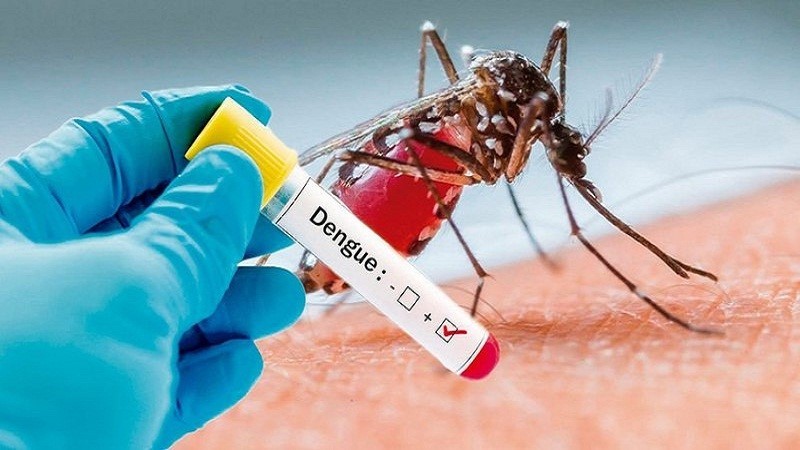The Ministry of Health is calling for rigorous monitoring of dengue virus strain variations across Vietnam. The National Institutes of Hygiene and Epidemiology and Pasteur Institutes have been directed to intensify surveillance of disease outbreaks within their regions.

This enhanced oversight aims to ensure the prompt detection of dengue fever cases and provide crucial support to local authorities in swiftly and thoroughly containing outbreaks.
As dengue fever cases are rising and the disease is developing complicated, the Department of Preventive Medicine under the Ministry of Health is taking steps to respond to the situation. It has issued an official dispatch to local health departments, urging them to organize inspection teams to supervise mosquito larvae elimination activities in high-risk areas and those reporting high infection and death rates. Local health departments are also advised to coordinate with local governments to mobilize agencies and socio-political organizations to sustain regular activities targeting the removal of mosquito breeding grounds.
In parallel, local health departments are required to instruct medical facilities to be prepared to receive, triage, and treat patients effectively, ensure proper case classification. Big hospitals should provide technical support to grassroots medical facilities and organize treatment routing to prevent hospital overcrowding and cross-infection.
The Ministry of Health further demands that the National Institutes of Hygiene and Epidemiology and Pasteur Institutes closely monitor dengue virus strains to detect any circulating and mutating types, assess virus behavior, and evaluate the sensitivity and resistance of dengue-transmitting mosquitoes to insecticides.
As of the end of July, Vietnam has recorded over 32,000 dengue cases. Ho Chi Minh City alone has reported approximately 15,540 cases while it was over 6,000 in the same period last year. Alarmingly, epidemiological surveillance reveals that all four dengue virus types (Den-1, Den-2, Den-3, and Den-4) are currently circulating nationwide, with Den-2 being the most dominant. Notably, Den-2 has a higher risk of causing severe complications and is often associated with large-scale outbreaks.
























